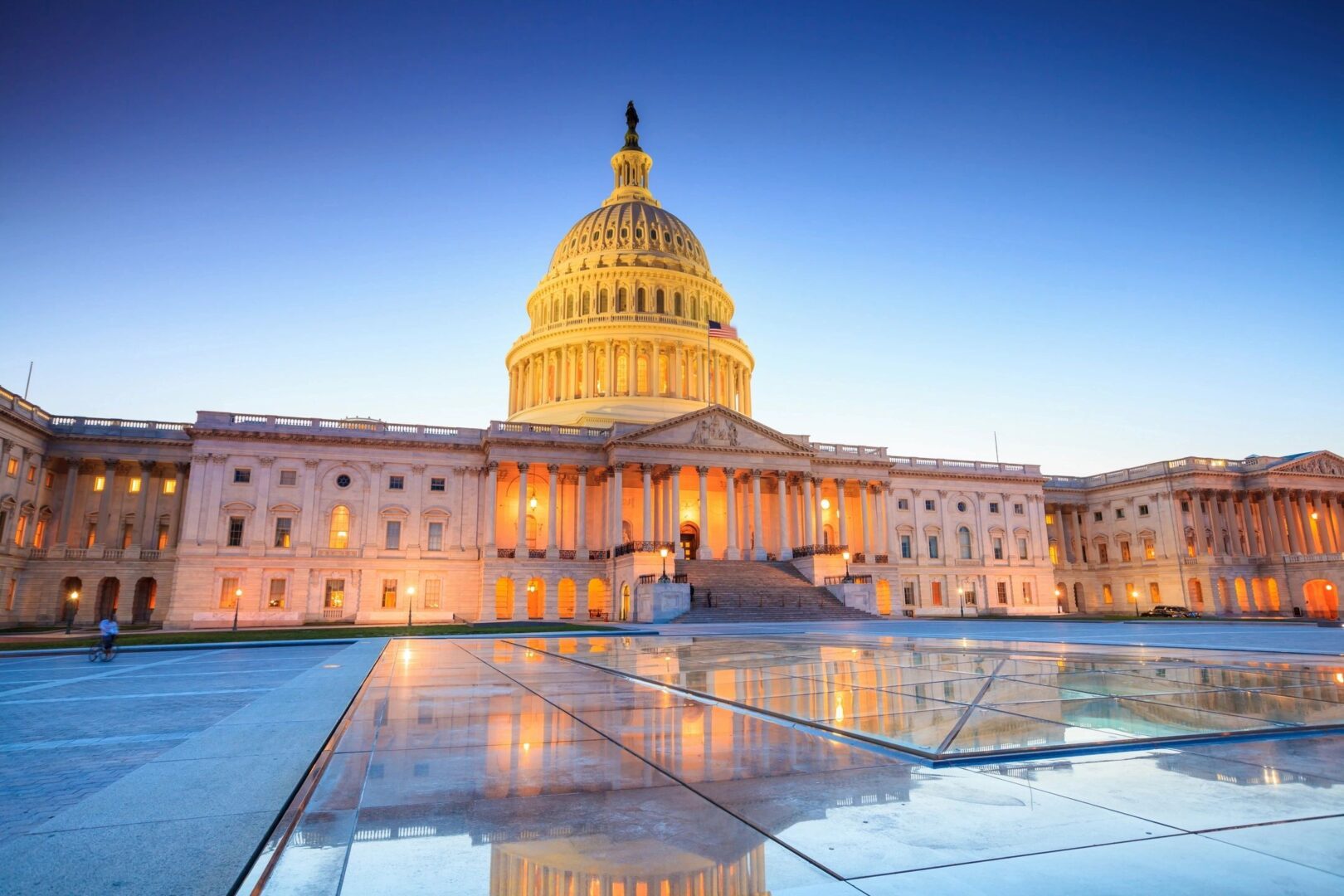
Bipartisan legislation introduced in the House of Representatives would create a new office in the White House dedicated to improving coordination between nonprofits and the federal government.
The office would make policy recommendations, coordinate the release of data about nonprofits collected by federal agencies, and seek improvements in the federal grant process for nonprofits, according to information provided by co-sponsor Betty McCollum, a Democrat from Minnesota and a member of the powerful Appropriations Committee. The office would be run by an adviser serving as an assistant to the president.
The bill is co-sponsored by Fred Upton, a moderate Republican from Michigan who is retiring when his current term in Congress expires.
Amanda Yanchury, communications director for McCollum, indicated there were no other co-sponsors yet for the legislation. “Now that the bill is introduced, we will be working together with Independent Sector and other advocates from the sector to begin that process,” Yanchury said in an email.
Charity advocates have long sought the creation of an office in the White House dedicated to looking out for the interests of nonprofits. They got something similar during the Obama presidency with the
White House Office of Social Innovation and Civic Participation.
One of the leading advocates for a permanent office for nonprofits in the White House, Independent Sector CEO Dan Cardinali, said in an emailed statement that the Upton-McCollum bill enjoys broad support among nonprofits.
“More than 500 organizations from every state and the District of Columbia have endorsed this legislation,” Cardinali said.
Supporters include both small and large organizations, such as the National Council of Nonprofits, the Council on Foundations, and the United Philanthropy Forum.
President Biden could implement some of the provisions of the legislation himself, without approval from Congress, using an executive order. However, Jeffrey Moore, chief strategy officer at Independent Sector, noted in an email that not everything in the bill could be accomplished by executive order, such as providing funding for a portal allowing nonprofits to register to fundraise in multiple states at once.
Moore also noted that “anything done by executive order can be undone by executive order. This legislation needs to become law so that nonprofits can count on these structures permanently.”
Changes to Form 1023-EZ
The legislation also would direct the Treasury Department to rescind and replace the Form 1023-EZ application, a bare-bones form intended only for very small organizations seeking tax-exempt status from the IRS. A Chronicle analysis found that many nonprofits using that shorter form quickly ballooned into million-dollar-plus organizations, raising questions about whether the 1023-EZ form was being misused.
Yanchury noted that the IRS has found “alarmingly high error rates in the processing of Form 1023-EZ, with over one-third of ineligible applicants being accepted. Granting charitable nonprofit status this indiscriminately undermines public trust in the sector and limits the IRS’s ability to do its job effectively.”
The bill also would:
- Establish an advisory board with members drawn from nonprofits, and an interagency council with representatives from every cabinet agency to provide policy recommendations.
- Create a commission to explore ways to improve the federal grant-making process.



